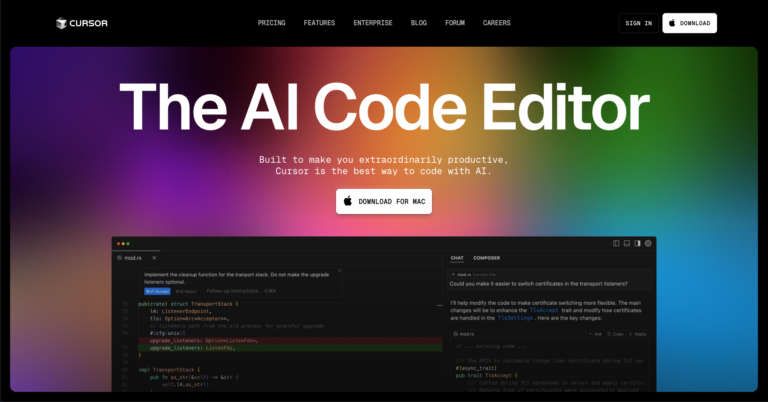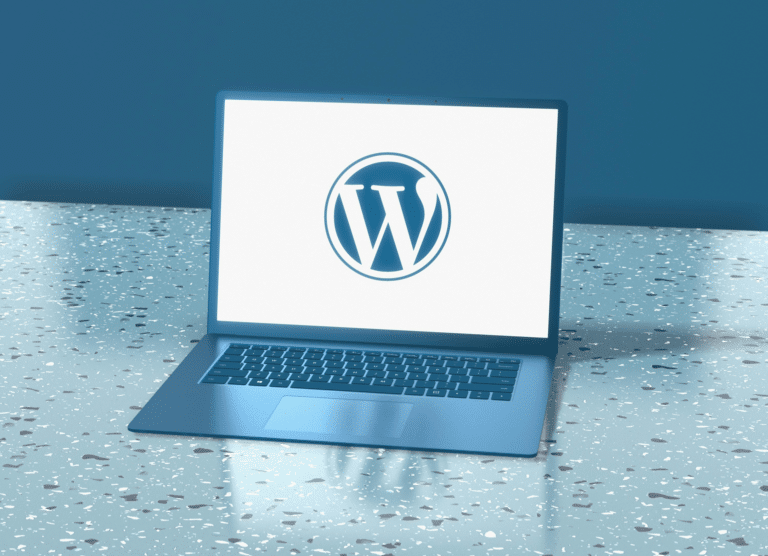
When designing a website, one of the most common questions is:
👉 “Should we put all our information on a few big pages or separate content into many focused pages?“
The answer? Think of your website like a library.
Research on web user behavior confirms that people expect to find information instantly online. Unlike reading a book, where users are willing to take their time, website visitors typically scan rather than read, and they won’t stick around if they can’t find what they need quickly. In fact, studies by the Nielsen Norman Group found that 79% of users scan content instead of reading word-for-word, and most will leave a page within 10-20 seconds if they don’t find relevant information.
This is why well-structured websites prioritize clear, topic-specific pages over long, all-in-one content. The goal is to get users to their answer fast, before they hit the back button.
When people visit your site, they aren’t looking for a single massive book covering everything, they want a specific reference that gets straight to the point. A visitor searching for your services or expertise doesn’t want to scroll through a long, general page. Instead, they’re looking for a clear, focused section that answers their question quickly.
The Benefits of a Well-Organized Website
📚 Better SEO & Visibility
- Search engines love focused, well-structured content because it’s easier to categorize and rank.
- Instead of competing for broad, hard-to-rank keywords, you can own multiple specific searches that bring in the right audience.
📖 Improved User Experience
- Visitors don’t have time to dig through a giant page to find what they need. A clear, easy-to-navigate site structure keeps them engaged.
- Example: Instead of listing all services on one page, create individual pages for each service with FAQs, benefits, and a strong call to action.
🔗 Higher Conversions
- A dedicated page makes it easier to guide visitors toward action, whether that’s booking a service, filling out a contact form, or making a purchase.
- Example: A single “Services” page might overwhelm users, while separate pages for “Web Design,” “SEO Services,” and “Website Maintenance” each have more targeted messaging and CTAs.
How to Structure Your Website for Success
- Use an overview page as a gateway, but don’t overload it. Let it guide users deeper into specialized pages.
- Break up services, products, and information into clear categories that each have a dedicated page.
- Make it easy to navigate with intuitive menus and links between related topics.
A well-organized website doesn’t just look good, it works better for both users and search engines. So, when planning your site, think like a librarian: help visitors find exactly what they need, quickly and efficiently.






